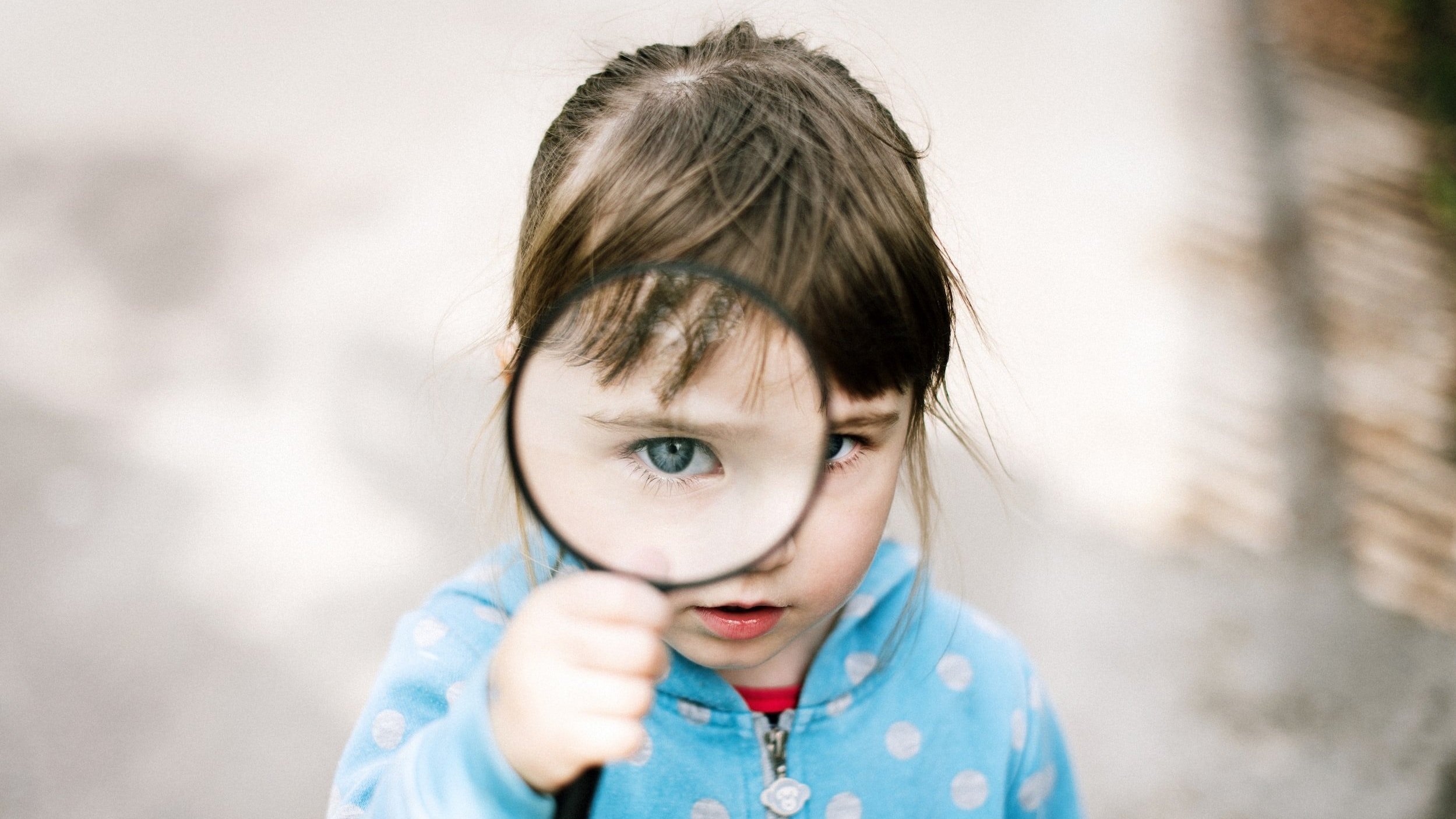How To Raise A (Not Too) Skeptical Kid
We’re going to go out on a limb and say, contrary to popular opinion, skepticism is a good thing. In fact, in times like these, it’s actually a survival skill, particularly for kids. There’s so much information floating around, and so many people with specific agendas. There are big decisions to be made, even when we’re young. Kids have never been privy to so much at such an early age as they are now, and they very badly need to know how to filter and find what’s true, what’s important, what’s helpful, and pass on things that are just interesting. They need to know when and how to act on this information.
In other words, they need to become skeptics.
Is there a right and a wrong way for a kid to be skeptical? Well, yeah, kind of.
A successful, skeptical kid is one who:
· Isn’t afraid to ask why.
· Asks for proof or evidence when they hear a new claim.
· Wonders about the sources of information.
· Is open minded enough to consider new points of view.
· Is curious about what’s behind what people say and do.
· Can recognize basic errors in logic, like distraction or missing information.
· Can be skeptical without being cruel.
Any skeptic, of any age, should avoid:
· Attacking ideas or those presenting them, just for the fun of it.
· Refusing to accept something, even there’s evidence of it being true.
· Stubbornly holding onto a belief, just because they want it to be true or because it’s comfortable.
· Going through life thinking they can never trust anyone, including themselves.
Finely-honed reason and logic, along with the ability to explain oneself, are incredibly powerful skills, for thinkers of all ages. They can help us avoid being taken advantage of, make sense of the clouds of information available, give us some solid ground on which to stand, and encourage curiosity and dialogue. There is middle ground between being hyper-skeptical and being inquisitive and reasonable. With practice, you can help your kids find it, and yes, you can get yourself there too.



